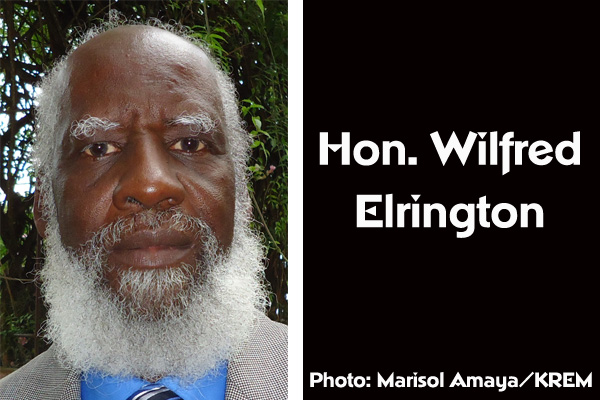The drug problem in the Americas was brought into sharp focus
Belize is one of several small states in the Western Hemisphere, and its vulnerability as a south-north avenue for the illegal narcotics trade has been recognized by US President Barack Obama, who, regrettably, continues to list Belize among the “Major Illicit Drug Transit or Major Illicit Drug Producing Countries.”
However, the sharp focus on the drug problem in the Americas at the 43rd General Assembly of the Organization of American States (OAS) hosted in Antigua, Guatemala, was testimony to the fact that the problem did not begin with, and will not end with Belize. It will only end when developed countries which drive what Belize Foreign Minister Wilfred Elrington described as “seemingly insatiable and unstoppable” demand for illicit drugs, find the political will to root out the scourge, which he said claimed 60,000 lives in the war against drugs in Mexico under the Calderon administration.
“In our hemisphere, the effects of the mere transiting of the illicit drugs through the vast majority of our countries is bordering on catastrophic. It is largely attendant with barbaric violence meted out particularly and principally by and among our own youths,” the Minister said.
Elrington said the problem of the drug trade demonstrates striking similarities with global warming: It is global in reach, and created and fueled by some of the richest countries in the world but it affects the poorest, most vulnerable and least capable nations to the greatest extent.
He said that the failure to properly tackle the drug problem is “due to absence of political will in the major capitals of our world.”
“I would humbly suggest that perhaps our main focus should be to seek to reduce the voracious demand for the illicit drugs in the developed nations. It is clear and common sense that where there is no demand for drugs, there can be no incentive to produce it or to transport it,” Elrington said in addressing the General Assembly on Wednesday.
The major markets, said the minister, are North America and Europe.
“In these two destinations, the demand for illicit drugs is seemingly insatiable and unstoppable, as the wealth which the two destinations derive from the sale and distribution of seem irresistible, even while they appear to be mind-boggling; but the violence and the harm associated with the drug trade, in those destinations are relatively benign and insignificant and the damage done to those countries and to their public and commercial institutions including their security, judicial and financial institutions are relatively negligible when we contemplate the impact of the drug trade on our hemisphere,” he told the gathering.
OAS Secretary General Jose Miguel Insulza had released, just prior to the meeting in Guatemala, his report dubbed, The Drug Problem in the Americas, which, he noted, was the result of a mandate from Heads of State and Governments of the region at the Sixth Summit of the Americas, held in Cartagena de Indias, Colombia, last year. That document now forms the basis for forward dialogue.
In speaking on the issue, Insulza noted that the incarceration of women for drug-related crimes is a huge problem: “In fact, a higher proportion of women than men are arrested for drug-related crimes. In Mexico, for example, 80 percent of the female prison population is there for drug-related crimes, compared to 57 percent for men.”
The meeting is being held under the theme, “For a Comprehensive Policy against the World Drug Problem in the Americas.”
According to reports filed by the OAS, representatives of Spain, the European Union, France, Italy, Germany, Israel, the United Kingdom, Switzerland, Japan, the Russian Federation, Estonia, Serbia, the Netherlands, Monaco, Croatia, Portugal, China, Austria, the Philippines, India, Thailand, and South Korea shared their own countries’ experiences and perspectives regarding efforts to tackle drug trafficking. They also spoke of the lessons learned and examples that could serve as a basis and for analysis for Western Hemisphere countries.
Elrington said that poor nations “futilely pour national resources into this Sisyphean struggle.”
“No matter what we do, we will not be able to staunch the flow, because the demand is too great,” he said, while calling on all nations to act to help solve the problem.
(Amandala thanks KREM’s Marisol Amaya for providing inside reports from the OAS GA.)

